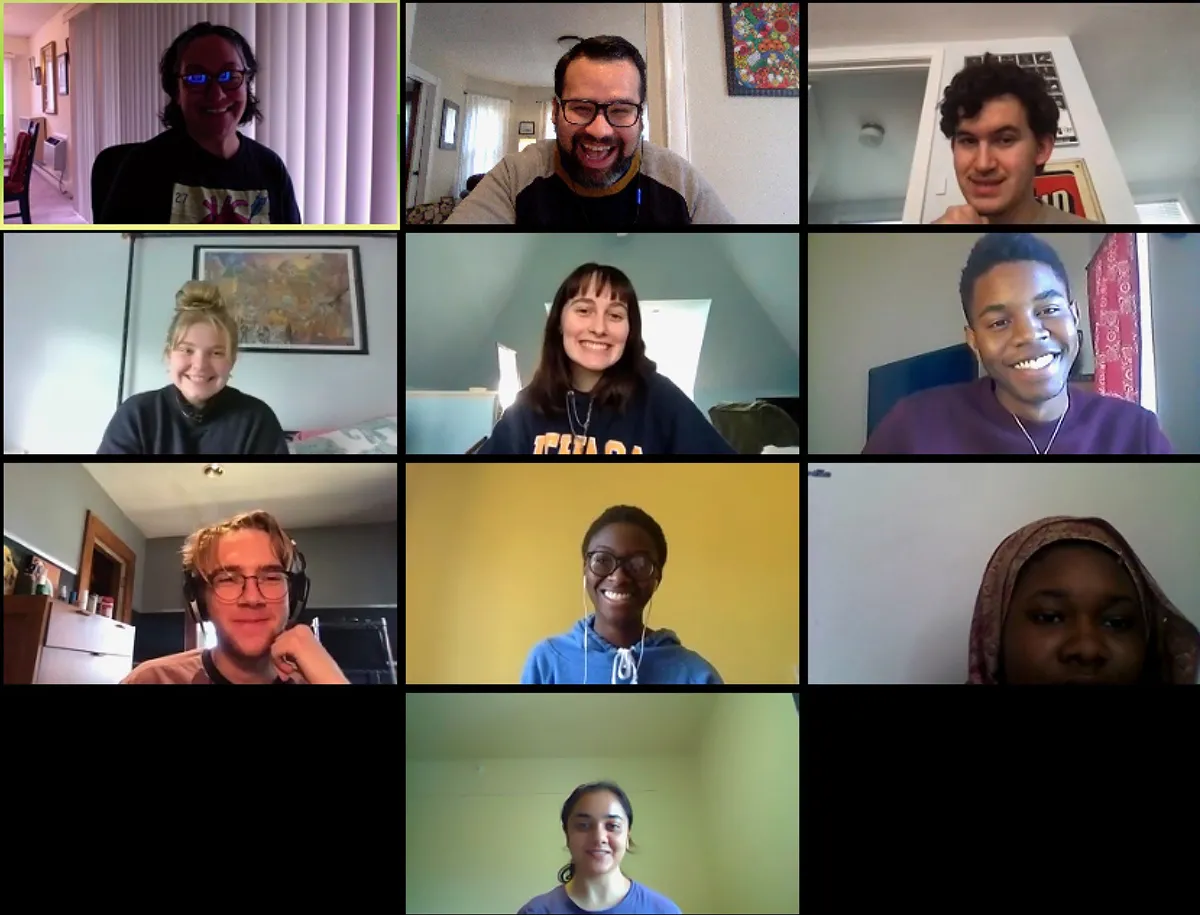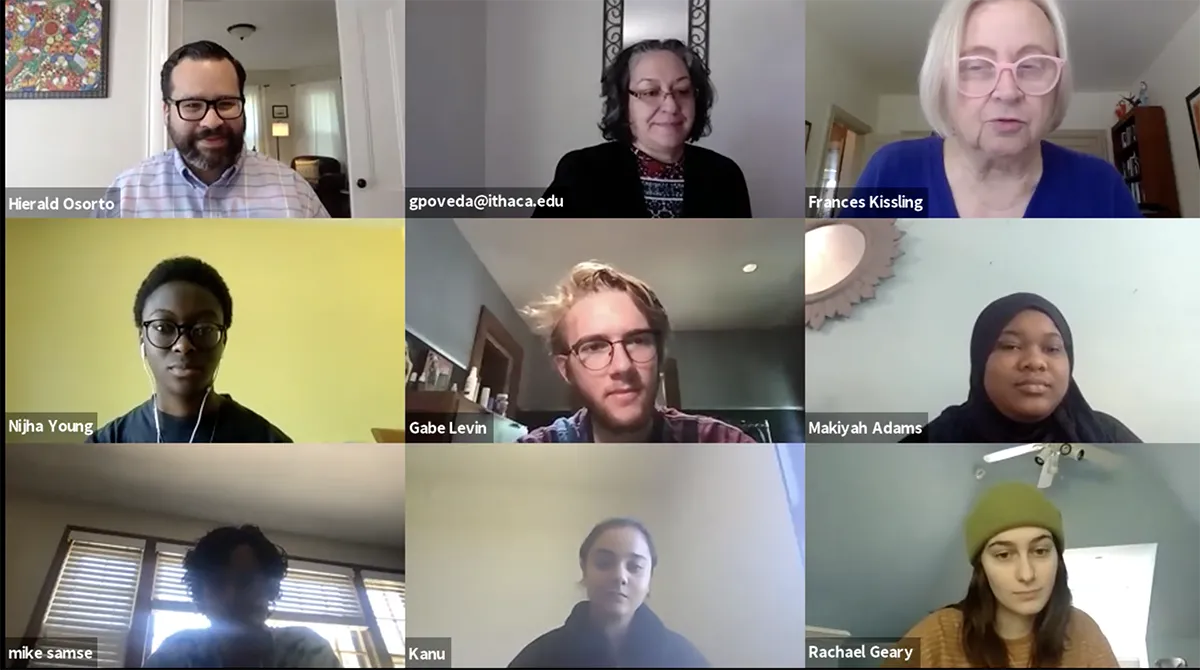This past spring, Hierald Osorto, director of the Office of Religious and Spiritual Life and executive director for student equity and belonging, and Gloria Poveda, a former Diversity Fellow in the school’s Department of Education, launched “Uncommon Ground for the Common Good,” a program where a cohort of 10 students met weekly to model how religious pluralism could be used to counter polarization in higher education and develop their capacity to be change-makers through interfaith dialogue.
The 18-month program, made possible thanks to a $5,000 grant on behalf of the Courageous Pluralism project, a nationwide initiative created by the Interfaith Youth Corp (IFYC), aims to unite students, faculty and staff around the shared goal of cultivating a campus climate that encourages individuals to bring forth their whole selves in the public sphere.
“I think it’s exciting that IC students are willing and ready to engage religious pluralism, and eager to think about how religion shapes the way they act in the world,” Osorto said. “We’re modeling what is possible. Students were seeking change on campus and asking for new ways of learning in the classroom. So we responded with an opportunity: ‘Co-create this program with us. Contribute your knowledge and experience. Let your longing inform your learning.’”

